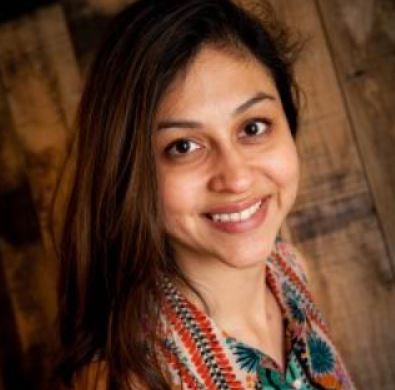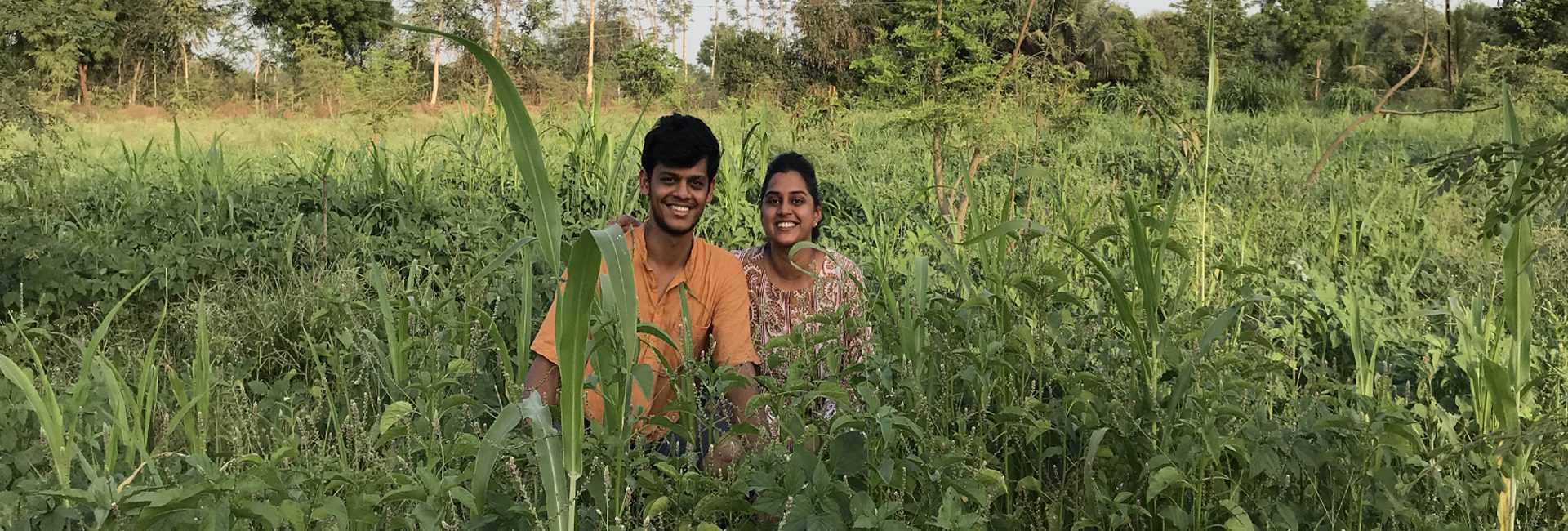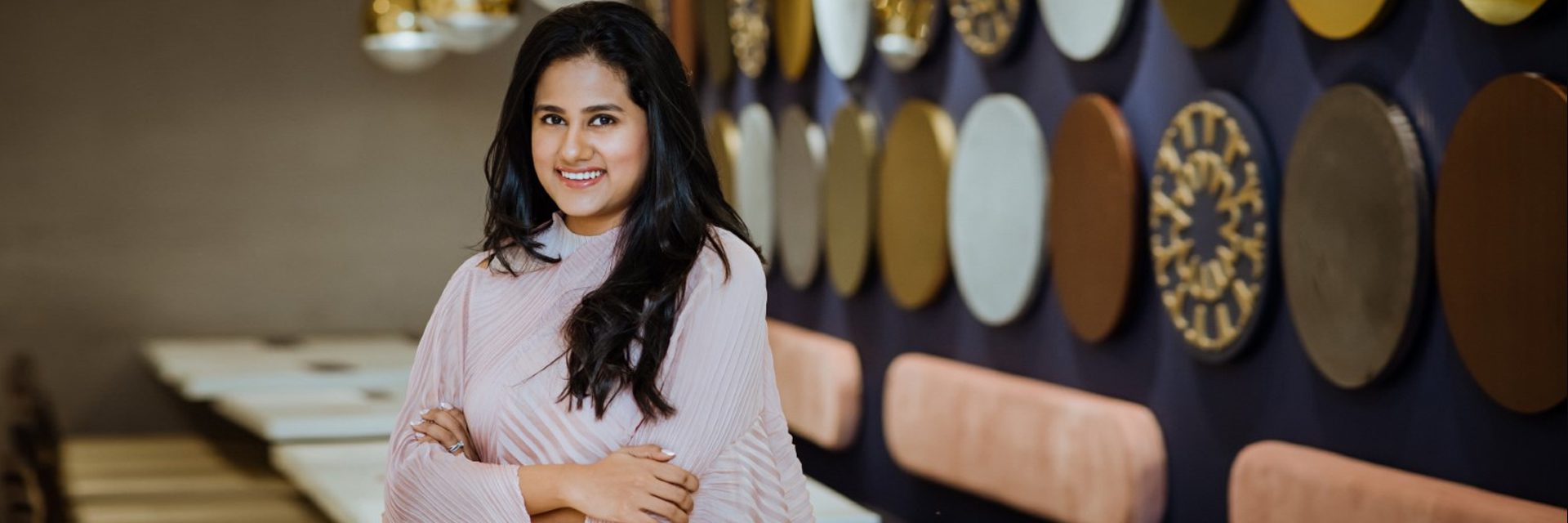(August 26, 2022) In the Leading Wealthy Women 2021 list compiled by research firm Hurun, Neha Narkhede appeared as number eight. The Indian-American technology entrepreneur is the co-founder of Confluent, a data streaming platform. This year, she is on the Forbes list of America’s richest self-made women. Over the last couple of years, apart from overseeing her startup’s meteoric growth, Neha has also been an investor and advisor to companies like Gem, Block Party, Material Security, Abacus AI, Cortex Data, Yugabyte, Metaphor Data, Natalist, Common Room, and more.
In the conference, Girl Geek X Confluent Talks, she remarked:
My parents sort of instilled this value in me that if you were open to learning and worked very, very hard, then you can actually learn anything you want to and you can be whoever you wanted to. And that sort of has stuck with me; the value of education and hard work.
Global Indian puts its spotlight on the woman in STEM and her inspiring journey.

Neha Narkhede, founder, Confluence
LinkedIn – the pivotal point
Neha worked for LinkedIn before co-founding Confluent in 2014 with two ex-colleagues. As a software engineer, she was at the helm of developing the open-source distributed streaming platform, Apache Kafka as a solution to handle LinkedIn’s huge influx of data.
Her innovation enables users to build applications and process events as and when they occur. It has proved to be fault-tolerant storage, with features like centralised data management, log aggregation and more.
As soon as the new software platform was adopted by LinkedIn, it started getting viral. Neha’s expertise in it was so phenomenal that she found herself very frequently being approached by Fortune 500 companies for helping them integrate the system in their organisations as a solution to their problems. This is when she realised the significance of what she had developed with her co-workers, Jay Kreps and Jun Rao.
🔔 Ringing the bell at @Nasdaq!
We’re incredibly proud of our team, and thankful for our customers, partners, #ApacheKafka community, and everyone who made this day possible. This is only the beginning of our journey to set the world’s #datainmotion. #ConfluentIPO pic.twitter.com/oWclHtFZDR
— Confluent (@confluentinc) June 24, 2021
In a leadership summit Neha remarked, “I went to my then team members (who are now co-founders of her company) and said that if we wanted Apache Kafka to really go mainstream, we need to create a company for doing that.” The three moved out of LinkedIn and launched Confluent.
Headquartered in California, Confluent is helping thousands of organisations around the world today in processing large amounts of their data through the software platform Apache Kafka. The organisation went public in June 2021 at a valuation of $9.1 billion. Neha has a stake of 8 percent in it. She started as the Chief Technology and Product Officer of Confluent, but now serves as its board member.
Advice for aspiring entrepreneurs
Neha points out that people decide to be entrepreneurs first and then look out for ideas of what to start with. She believes it should be the other way round.
You should start a company when you feel that launching it is the only vehicle to see the change you want in the world – Neha Narkhede
The whole excitement of being an entrepreneur actually wears off in just the first year, believes the tech-entrepreneur. “To get through the hard days one requires the determination of seeing the change,” the idea that had led to starting the company in the first place. Neha advises future CEOs “to really focus and get the initial team right.”
Pune girl’s early life
In her home town Pune, she grew up reading and listening to stories of powerful women like Indira Gandhi, Kiran Bedi and Indra Nooyi. They have remained her role models to this day. The credit of having high ideals early on in her life goes to her father who introduced her to the achievements of women who have been trailblazers in their fields.
Neha, who familiarised herself with computers at the age of eight to play video games, went on to earn her engineering degree in computer science from Savitribai Phule Pune University. She went on to do an MS in computer science at the Georgia Institute of Technology. Her first job was at Oracle Corporation from where she moved to LinkedIn. The rest, as they say, is history!




